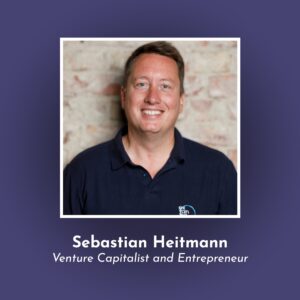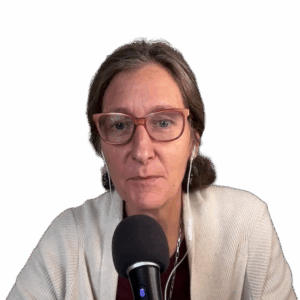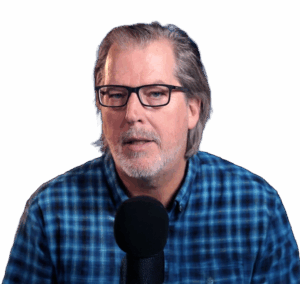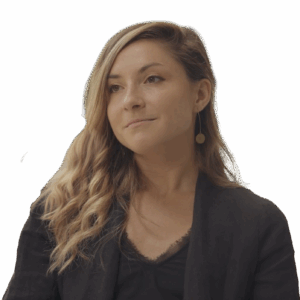
Ep 38 | Sebastian Heitmann
Sebastian Heitmann: “Gigacorns”
On this episode, venture capitalist and entrepreneur Sebastian Heitmann discusses his work in tech innovation towards more sustainable futures. Technology will inherently be a part of any human future – the question is what will this technology be? Sebastian’s work focuses on finding what is termed ‘Gigacorns’ – scalable inventions for low(er) carbon futures. If successful, this could result in large scale reductions in the CO2 emissions for global society.
About Sebastian Heitmann
Sebastian Heitmann is a partner at Extantia Capital, a platform to invest in breakthrough technology solutions that address climate crisis mitigation and adaptation. The €300M platform includes Extantia Flagship, backing scalable deep decarbonisation companies, Extantia Allstars, partnering with mission-aligned climate tech venture capital fund managers, and Extantia Ignite, a sustainability hub advancing knowledge and competence in climate innovation and ESG practices.
Sebastian is an entrepreneur and has worked in a range of different industries, from sports to community building to software. He received his education from the Harvard Business School and now lives in Berlin, Germany.
In French, we have a motto that says that a simple drawing is often better than a long explanation. Jean-Marc Jancovici Carbone 4 President
That’s very understandable because with left atmosphere thinking, one of the problems is that you see everything as a series of problems that must have solutions. Iain McGilchrist Neuroscientist and Philosopher
We can’t have hundreds and hundreds of real relationships that are healthy because that requires time and effort and full attention and awareness of being in real relationship and conversation with the other human. Nate Hagens Director of ISEOF
This is the crux of the whole problem. Individual parts of nature are more valuable than the biocomplexity of nature. Thomas Crowther Founder Restor
Show Notes & Links to Learn More
Download transcript00:36 – Sebastian’s info
05:18 – Joern-Carlos Kuntze, Yair Reem
06:30 – Gigacorn
07:35 – The world emits 50 gigatons of carbon/year
09:28 – Fusion reactors
12:25 – Greenwashing
12:38 – Professor Pomponi
12:59 – EPIC methodologie
15:28 – We have overconsumed over the last few decades
15:48 – Science has told us about the climate crisis for a very long time
17:10 – Energy shortages in Germany, businesses closing because they can’t afford prices
19:52 – Why baked goods are different in Germany than anywhere else in the world
20:34 – Energy Caps in the UK
21:02 – Subsidy system currently in place for energy in Germany
22:07 – Storage are fuller than expected, and imports are better than expected
22:28 – Russian gas imports currently at 0
22:55 – Energy Blind
23:35 – US investing to become energy independent (85%)
24:04 – UK energy security policies
24:48 – Baseload properties
24:58 – German renewable energy policies in the 1990s
25:11 – German reunification
26:08 – US sanction on Germany for Nord Stream 2
27:30 – We need energy at every part of our economies
28:58 – Germany firing up coal again
29:17 – Carbon and wealth are highly correlated
29:36 – Green growth
30:31 – Migration crisis after 2015 war in Syria
31:26 – Uniper nationalization
32:24 – Norway energy policy
33:13 – Pros and cons of nationalized companies
33:39 – 80% Depletion of fracking wells
34:01 – Inflation Reduction Act
34:28 – Europe will never be able to produce its own hydrogen
35:35 – We are a growing population, and in overshoot
36:17 – Educated women have fewer children than non-educated
36:29 – Educate Girls Globally
37:03 – Intergenerational effect of educating women
37:45 – Americans consume disproportionately more
39:15 – We’ve invested 3 trillion into the build out of wind and solar, and have 5% of our energy from them
40:14 – Wind and solar are acting as additions currently, rather than transitions
40:45 – Hydroelectric has been largely built but is at the end of its capacity
41:50 – Geothermal
42:01 – 0.1% of planetary energy would supply humanity for 2 million years
42:33 – Potential for new generations of nuclear and uranium
43:41 – Our current system’s only goal is growth
44:15 – Jevons paradox
44:30 – Kardashev Scale
47:13 – Geothermal vs deep geothermal
47:30 – Crystalline hard rock geothermal
48:13 – A lot of uranium and gold lives in sea water – but its impractical to extract
49:04 – Houston, US the center of development on geothermal
51:15 – Geothermal is most accessible near tectonic plate boundaries
52:02 – Iceland has an abundance of energy
58:01 – Supercritical water
1:02:50 – US government R&D plan to reduce costs of geothermal
1:06:22 – You could retrofit coal power plants with geothermal
1:09:38 – Contactless drilling technologies
1:11:57 – Ineratec
1:13:18 – Circular hydrocarbons
1:14:37 – Green hydrogen vs gray hydrogen
1:20:55 – Challenges to geothermal
1:25:52 – Nate’s short videos
1:29:02 – Less prevalence of climate denial now







